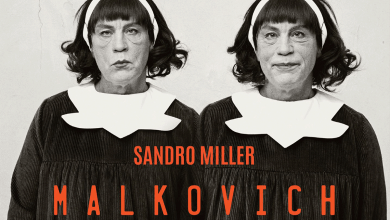Zagreb celebrated the Day of the European Union at European Square today. The event was held in a happy atmosphere with lots of music, which attracted many citizens to the heart of the city. They came to have fun, but also to get useful information about working, travelling, and studying in Europe. The European ‘Info’ tent was set up mainly for young people who wanted to explore what the European Union has to offer, but it was visited by all generations. People asked about job opportunities, laws, scholarships and more; it seems like Croatian interest for the European Union is still huge. And that is why the celebration of European day and week will go on.
The day of the European Union was just a part of a ceremony which will last until May 11th. Tomorrow, from 10 am to 1 pm at the Westin Hotel, primary schoolers from fifth to eighth grade will have the opportunity to learn and practice English, German, French, Italian or Spanish on language workshops. The following day, interested citizens will be able to visit the House of Europe from 3 pm to 6 pm and participate in a mini-simulation of the European Council.
For those who don’t know, the 9th of May commemorates the Schuman Declaration, which set up the European Coal and Steel Community (ECSC).
The Schuman Declaration was presented by French foreign minister Robert Schuman on 9 May 1950. It proposed the creation of a European Coal and Steel Community, whose members would pool coal and steel production.
The ECSC (founding members: France, West Germany, Italy, the Netherlands, Belgium, and Luxembourg) was the first of a series of supranational European institutions that would ultimately become today’s “European Union”.
In 1950, the nations of Europe were still struggling to overcome the devastation wrought by World War II, which had ended five years earlier. Determined to prevent another such terrible war, European governments concluded that pooling coal and steel production would – in the words of the Declaration – make war between historic rivals France and Germany “not merely unthinkable, but materially impossible.”
It was thought – correctly – that merging of economic interests would help raise standards of living and be the first step towards a more united Europe. Membership of the ECSC was open to other countries, and today, with Croatia as a last one, the European Union has 28 members.

